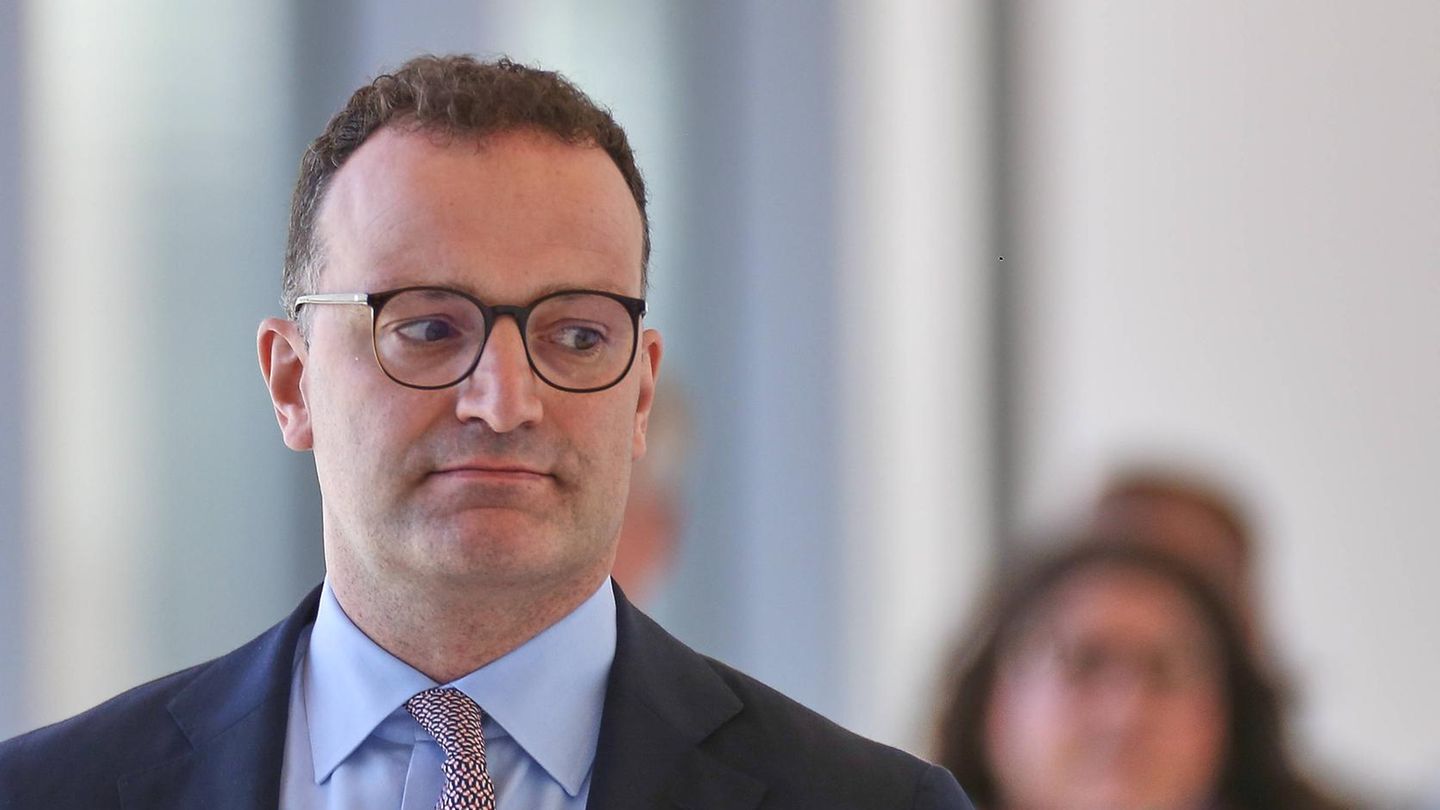There have been clashes between the Lebanese Hezbollah militia and Israel’s military for almost a year. Currently, developments are moving towards further escalation – with uncertain consequences.
After almost a year of constant fighting, there are increasing signs that the conflict between Israel and Hezbollah in Lebanon could escalate into open war. The return of Israeli refugees to their homes in the north of the country is now one of Israel’s declared war aims – alongside the liberation of hostages from the Gaza Strip and the destruction of Hamas.
The only way to achieve this is “military action,” said Israel’s Defense Minister Joav Galant on Monday, according to his office, at a meeting with US mediator Amos Hochstein. The possibility of a diplomatic solution to the conflict with Hezbollah is becoming increasingly remote because the militia has tied its fate to Hamas in the Gaza Strip and refuses to end the conflict.
The Commissioner General of the UN Relief and Works Agency for the Palestinians (UNRWA), Philippe Lazzarini, said after a meeting in Lebanon with Foreign Minister Bou Habib that the situation was “very worrying”. While he hoped for the best, one must prepare for the worst.
Hezbollah prepared for “any scenario”
Since the beginning of the war in the Gaza Strip between Israel and the Islamist Hamas almost a year ago, there have been almost daily military confrontations between the Israeli army and Hezbollah in the border area between Israel and its northern neighbour Lebanon.
Since then, around 60,000 Israelis have had to leave their homes and apartments in many villages and the town of Kiriat Shmona in northern Israel. Many of those affected have been living in state-funded hotels in the country for months. In several towns in the Israeli border region, dozens of houses and infrastructure were damaged. The military has always been present in the area. Since the beginning of the fighting with Hezbollah, however, there have also been army checkpoints on roads used by civilians.
There were deaths on both sides – most of them were members of Hezbollah. Just on Tuesday, according to Israeli sources, three Hezbollah fighters were killed in an attack on a town in southern Lebanon.
The pro-Iranian Shiite militia says it is acting in solidarity with the Islamist Hamas in the Gaza Strip. It will not stop its attacks until the “aggression against Gaza and the Palestinian people” stops. Under Secretary General Hassan Nasrallah, it has steadily expanded its influence in the past with support from Tehran. This influence reaches deep into the Lebanese state, which is paralyzed by crises. The organization mainly controls the south on the border with Israel, Shiite-populated districts of the capital Beirut and the Bekaa Valley in the north of the country.
Hezbollah considers itself prepared for “any scenario,” according to informed sources. Sources from the organization told the German Press Agency: “Our fighters have been ready since October 8. Our leaders have stressed on all occasions that we will protect Lebanon.”
Observers expect further military actions
Observers assume that there could be further and possibly larger military clashes between Israel and Hezbollah in the near future. The possible extent of the confrontation is unclear, however, said Riad Kahwaji, director of the Institute for Near East and Gulf Military Analysis (INEGMA), to the dpa. There are also differences of opinion within the Israeli government. According to political analyst Makram Rabah, an Israeli deployment of ground troops in Lebanon is likely. “But it is a question of timing,” he said.
The Lebanese parliamentary speaker and close ally of Hezbollah, Nabih Berri, does not expect a large-scale, but rather a limited deployment of Israeli ground troops in Lebanon. He told the newspaper “Al-Joumhouria” that he assumes that Israel will significantly expand its military operations, “but without attempting an invasion.”
Report: Full-scale war with Hezbollah closer than ever
Meanwhile, the Israeli newspaper “Jerusalem Post” reported, citing political and military sources, that Israel is closer to a full-scale war with Hezbollah than ever before. The reason for this is also the “strategic victory” over Hezbollah at the end of August. At that time, Israel’s army learned of an impending attack by the militia and attacked targets in southern Lebanon. According to Israeli sources, the military destroyed thousands of rockets aimed at northern Israel.
This has increased the confidence of Israel’s Prime Minister Benjamin Netanyahu that a large-scale military operation in Lebanon can be carried out with fewer losses and fewer risks than initially feared, the Jerusalem Post continued. However, this is not certain, the paper admitted. A large-scale war would still be risky for all sides.
Israel wants to use military and diplomatic pressure to force the Hezbollah militia to withdraw behind the Litani River, 30 kilometers from the border – as required by UN Resolution 1701.
Blinken again in Egypt – no visit to Israel planned
Meanwhile, US Secretary of State Antony Blinken plans to visit Egypt on Thursday to revive talks to end the Gaza war. An agreement between Israel and Hamas on a ceasefire currently seems almost impossible. Israel wants to destroy the Islamist Hamas in the war – but innocent Palestinians keep dying.
According to Palestinian civil defense, an Israeli attack on the refugee district of Al-Bureij in the Gaza Strip on Tuesday left people dead and injured. A total of six residential buildings were affected. An exact number of dead and injured was not initially given.
Mediation so far unsuccessful
Egypt, Qatar and the USA have been trying unsuccessfully to mediate in the conflict for months. The USA is Israel’s most important ally. According to media reports, a visit by Blinken there is currently not planned. According to the US government, a new proposal for a ceasefire should be presented as soon as possible.
Egypt, along with Israel and Ukraine, is one of the largest recipients of US military and economic aid worldwide. Due to the poor human rights situation in Egypt, the US government had partially withheld these payments in recent years. However, due to Cairo’s efforts to mediate in the Gaza war, Washington decided this year to pay the full amount of 1.3 billion US dollars in military aid, reported the New York Times.
Source: Stern
I have been working in the news industry for over 6 years, first as a reporter and now as an editor. I have covered politics extensively, and my work has appeared in major newspapers and online news outlets around the world. In addition to my writing, I also contribute regularly to 24 Hours World.




